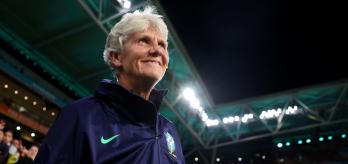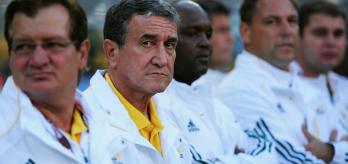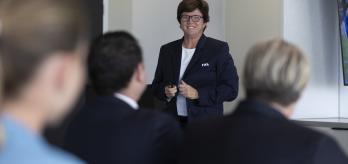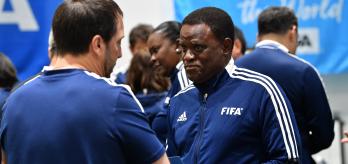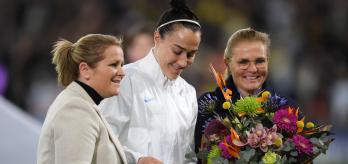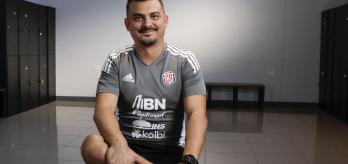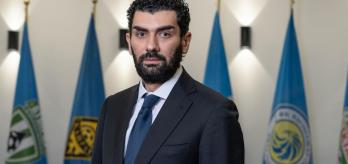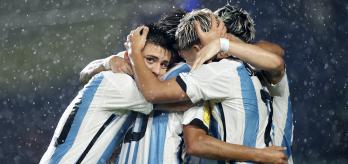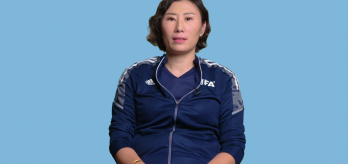Switzerland head coach, Pia Sundhage, who has also held head coach roles with USA, Sweden, Brazil and Switzerland, believes successful coaches adapt their communication skills to fit the culture of the country they are working.
“I think coaching is about communication,” explains Sundhage, who led the United States women's national team to two Olympic gold medals and a silver medal at the World Cup between 2008 and 2012. “The way I communicated in the US, compared to Sweden - with my mother tongue - and then in Portuguese in Brazil were all different. There are so many ways to communicate: body language, eye contact, using players or coaches to translate.”
Sundhage, who was named 2012 FIFA World Coach of the Year, believes that if there are issues that need to be addressed with players it should be done respectfully and overcome any language barriers. “Whatever is in between us, we need to sort it out and do that in different ways,” she adds.
Adapting your approach to the culture you are in
Sundhage’s long coaching career has taken her around the globe and also included a number of coaching roles in the women’s domestic game. Wherever she has been employed, the 65 year-old has attempted to adapt her approach to the culture of the country, whilst also staying true to her Swedish roots. “I am raised and born in Sweden. So, this is me and I have my personality,” she explains. “But, also, I have to adjust in order to reach the player and get the message across.”
Sundhage’s varied experience of international management has allowed her to pick up many ideas that she now uses as part of her current coaching approach. “In the US, I learned the word grit,” she explains. “That is something I brought with me and I think that is very important to understand what that means for me, for the team and for the specific player.
“But I also come from a country where it's well organised and structured. In Sweden you get a lot of security, you get safe with the structure and that's the Swedish way. So, bringing that grit, and organisation to the emotional Brazilians, was done in a respectful way. Also, in a little bit of a Swedish way, because I am Swedish.”
Why a technical director should focus on the long-term
Sundhage has worked in many different organisational structures during her long career and believes technical directors can provide essential support for international head coaches by focusing on the long-term.
“Football is so much more than winning games, it's about development,” explains Sundhage. “So, you need somebody to look at the bigger picture and update on certain things and give information.
“For example, it might be information on what is happening on the men's side or women's side of the game. Or, information on football from across the world. Because football has a worldwide spread and if you want to win something internationally as high as the FIFA World Cup, you need to know this information
“Knowledge is power, so if you have a technical director, telling me this is what's happening in the world in general it is a positive. That person should be looking to the longer term and looking at the bigger picture and the mission.”
This interview was conducted when Pia Sundhage was head coach of Brazil











